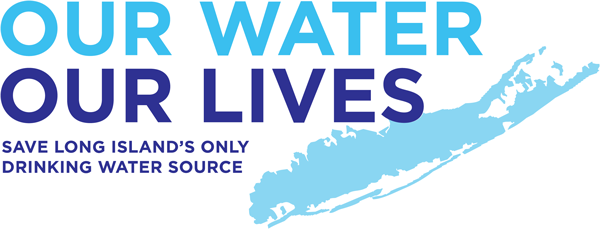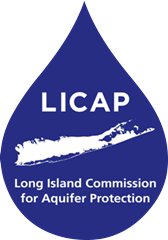Home › Forums › Water Conservation Forum › Creating a Rain Garden
- This topic has 2 replies, 1 voice, and was last updated 2 years, 4 months ago by
.
-
AuthorPosts
-
Del Cutler
GuestCreating a Rain Garden https://s3.amazonaws.com/assets.cce.cornell.edu/attachments/5279/Creating_a_Rain_Garden.pdf?1418849767
Native Plants for Long Island Rain Gardens https://s3.amazonaws.com/assets.cce.cornell.edu/attachments/5280/Native_Plants_for_Long_Island_Rain_Gardens.pdf?1418849787
Some reasons to plant a rain garden include:
· Maintaining a rain garden is much less expensive and less work than maintaining a lawn.
· A rain garden needs no fertilizers or pesticides that pollute water; plus some native plant roots help remove heavy metals from storm water before it reaches the aquifer, bays, or the Sound.
· Because native plants are adapted to our natural rainfall, once they are well established they require no irrigation (although rain gardens do require maintenance such as removal of invasive exotic weeds).
· Designing rain gardens with native plants is a terrific way to support pollinator insects. Our important pollinators depend on native plants for host habitat, so landscaping with them is crucial for ecological reasons and foragriculture to produce most fruits and vegetables we eat.
Here are a couple of points of misinformation about rain gardens to steer clear of when talking about them as alternatives to lawns:
· Because Long Island is blessed with relatively abundant rainfall, planting a rain garden is not the same thing as xeriscaping, a term that describes gardening in the desert.
· Native plants are not necessarily weeds and can be quite beautiful: think tulip trees, black-eyed susans, butterfly weed, etc.
· Rain gardens don’t involve standing water and thus do not serve as breeding grounds for mosquitoes.
The history of lawns in America dates back no further than the mid-to-late19th century, when people started seeing them at such public cemeteries as Green-Wood in Brooklyn and Mount Auburn in Boston. Before then, residential yards were places where people did work, raised food, and kept animals. The lawn is a cultural concept, not a natural one, and it is the elephant in the room whenever water conservation is discussed.
Finally, although lawns aren’t going to disappear any time soon, over irrigating them should. To grow the healthiest lawns with the best root systems possible, Suffolk County encourages people to water their lawn with one inch of water ONCE A WEEK, not every other day: http://healthylawns.suffolkcountyny.gov/lawn/watering.htm Promoting an odd/even day schedule for lawn irrigation is bad horticultural advice as well as being a waste of water, even if it seems like a step in the right direction away from daily watering.
Kai James
GuestThat’s very amazing and very informative answers.
chris peterson
GuestI often search the Internet for information and only recently saw the https://www.eunethydisconference2014.com website. I now have a reliable data source that I can use when needed.
-
AuthorPosts

